To enroll in the (M.Tech.) Master of Technology in Power Electronics, you can follow these steps: apply for Admission, submit the required documents, and potentially meet additional criteria.
Admission in M.Tech. in Power Electronics Course
Pursuing a Master of Technology (M.Tech.) degree in Power Electronics is an excellent choice for individuals aiming to specialize in this crucial field of electrical engineering. M.Tech. in Power Electronics programs are offered by various universities and institutions in India, each with its own admission process and requirements. In this comprehensive guide, we will explore various aspects of M.Tech. in Power Electronics admission, including the admission process, eligibility criteria, entrance exams, top colleges, course details, fees, and preparation tips.
Admission Process for Master of Technology in Power Electronics
The admission process for M.Tech. in Power Electronics programs typically involves several key steps:
1. Entrance Examinations: Many universities and colleges require candidates to appear for entrance examinations as part of the admission process. The Graduate Aptitude Test in Engineering (GATE) is one of the most widely recognized entrance exams for M.Tech. in Power Electronics programs. These entrance exams assess a candidate's knowledge and aptitude in various engineering subjects, including power electronics-related topics.
2. Application Procedure: Prospective M.Tech. in Power Electronics students should visit the official website of their desired university or institution to access the application form. Candidates must accurately complete the application form and submit it before the specified deadline. Ensure that you provide all the required documents, including academic transcripts, certificates, and standardized test scores (such as GATE), as part of your application.
3. Eligibility Criteria: Typically, candidates are required to hold a bachelor's degree in engineering or a closely related field with a minimum aggregate of 50% marks. Meeting the eligibility criteria is essential, so ensure you have the necessary academic qualifications before applying.
4. Merit-Based Admission: While some institutions admit students based on their performance in entrance exams like GATE, others may offer merit-based admission, considering the candidate's undergraduate academic record and possibly conducting interviews or written tests.
Top Colleges Offering Master of Technology in Power Electronics
For those aspiring to pursue M.Tech. in Power Electronics programs, here are some renowned colleges and universities known for offering quality engineering education and specializing in electrical and power electronics fields:
-
Indian Institute of Technology (IIT) Bombay: Located in Mumbai, IIT Bombay is renowned for its engineering programs and research opportunities. It offers M.Tech. programs in Power Electronics and Power Systems.
-
Indian Institute of Technology (IIT) Delhi: IIT Delhi is another prestigious institution known for its electrical engineering programs, including M.Tech. in Power Electronics, Electrical Drives, and Power Systems.
-
Indian Institute of Technology (IIT) Madras: IIT Madras offers M.Tech. programs in Electrical Engineering with specializations in Power Systems and Power Electronics and Industrial Drives.
-
National Institute of Technology (NIT) Trichy: NIT Trichy is known for its strong electrical engineering department and offers M.Tech. programs in Power Electronics.
-
Birla Institute of Technology and Science (BITS) Pilani: BITS Pilani offers M.Tech. programs in Power Electronics.
M.Tech. in Power Electronics Course Fees
The course fees for Master of Technology in Power Electronics programs can vary significantly based on several factors:
-
Type of Institution: Private institutions generally have higher fees compared to public or government institutions.
-
Institution Reputation: Prestigious colleges and universities may have higher fees due to their academic standing and the advanced nature of Power Electronics programs.
-
Location: The geographical location of the institution can also influence fees, with institutions located in metropolitan areas often having higher costs.
On average, M.Tech. in Power Electronics course fees in India range from INR 40,000 to INR 2.5 lakh per annum. It's essential to consider your budget and financial resources when selecting a program and institution.
M.Tech. in Power Electronics Entrance Exams
Common entrance exams for Master of Technology in Power Electronics admission include:
-
GATE (Graduate Aptitude Test in Engineering): GATE is a prominent all-India level exam accepted by numerous engineering colleges and universities, including those offering Power Electronics programs. GATE may have specific papers related to electrical engineering and power electronics.
-
University-Specific Entrance Exams: Some universities may conduct their entrance exams for M.Tech. in Power Electronics admissions, so candidates should research and prepare accordingly.
Preparation Tips for M.Tech. in Power Electronics
To excel in your Master of Technology in Power Electronics program, consider the following preparation tips:
-
Build a Strong Foundation: Ensure you have a solid understanding of the fundamentals of electrical engineering, especially in areas related to power electronics, electrical circuits, and electrical machines.
-
Utilize Relevant Resources: Refer to textbooks, study materials, and online resources that align with your M.Tech. in Power Electronics program's curriculum. Stay updated with the latest developments in power electronics technology.
-
Begin Early: Initiate your preparation well in advance to cover the syllabus comprehensively and have ample time for hands-on projects or lab work related to power electronics.
-
Understand Exam Format: Familiarize yourself with the format, structure, and syllabus of the entrance exams you plan to take for Power Electronics programs. Review specific topics related to power converters, semiconductor devices, and control systems.
-
Practice Problem Solving: Power Electronics involves complex problem-solving. Practice numerical problems, circuit analysis, and simulation using software tools like MATLAB or PSpice.
-
Seek Guidance: Consider enrolling in relevant courses or certifications to enhance your knowledge and skills in power electronics. Additionally, seek guidance from experienced professors, researchers, and professionals in the field who can provide valuable insights and mentorship.
Pursuing an M.Tech. in Power Electronics degree offers opportunities for advanced engineering knowledge, cutting-edge research, and a fulfilling career in various industries, including power electronics, renewable energy, electric vehicles, and more. By understanding the M.Tech. in Power Electronics admission process, exploring top colleges, considering course fees, and preparing effectively for entrance exams, aspiring M.Tech. in Power Electronics students can embark on a rewarding academic journey that enhances their expertise in power electronics and opens doors to exciting career opportunities in this dynamic field.
 2 Years
2 Years
 Post Graduate
Post Graduate
 Engineering
Engineering
 Full Time
Full Time
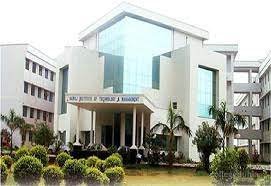


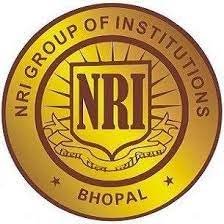

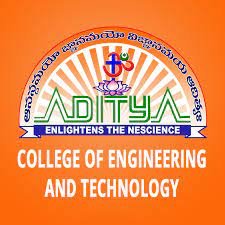



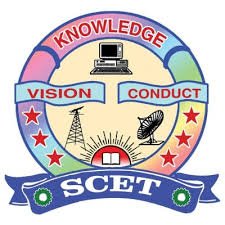



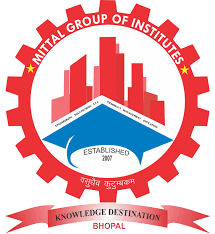
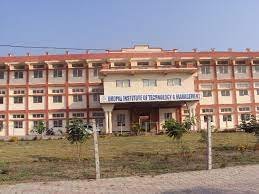


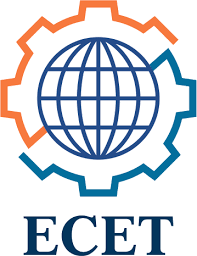



 back
back